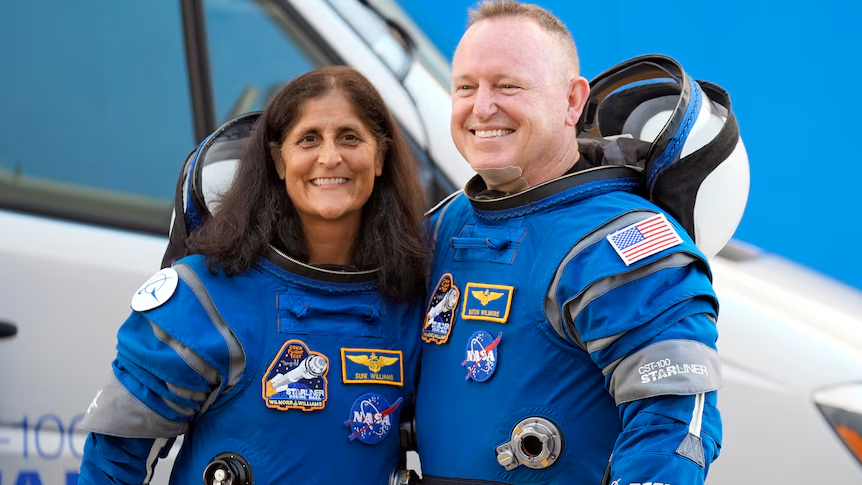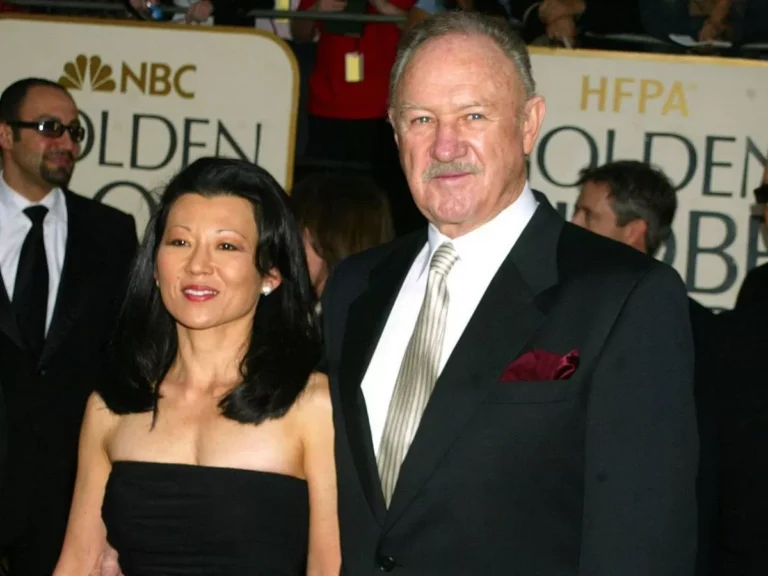You Will Never Believe What the Stranded Astronauts Got Paid For Their Trouble!
Astronauts Suni Williams and Butch Wilmore recently made headlines not for their mission’s success, but for their surprisingly small pay check after an extended stay aboard the International Space Station (ISS). Their mission, which was meant to last only a few days, ended up stretching into an incredible 278 days due to unforeseen technical issues with Boeing’s Starliner rocket. But despite their prolonged stay in space, they didn’t receive the kind of compensation one might expect for such an extraordinary endeavor.
No Overtime for Astronauts
While many workers earn overtime for working beyond their regular hours, astronauts like Williams and Wilmore don’t benefit from that luxury. According to NASA spokesperson Jim Russell, astronauts are considered federal employees and are on official travel orders during their time in space. As a result, they don’t qualify for extra pay on holidays, weekends, or for the extended time spent in space due to mishaps.

The $5 Per Day Incidentals Allowance
Astronauts like Williams and Wilmore do receive a small daily allowance for incidentals a mere $5 per day. This figure is set by the IRS for federal travel and applies to all government employees, whether they’re on Earth or floating in space. For perspective, most U.S. states (except New Jersey and Mississippi) pay jurors more than that for their service. Yet, while jurors don’t have to endure the harsh conditions of space, astronauts are still stuck with this modest allowance.

Base Salaries Aren’t Too High Either
While astronauts are compensated with a standard annual salary of $152,258, this amount is far from extravagant. In fact, it’s almost $22,000 less than the salary of a U.S. congress member. This base salary doesn’t include overtime or any extra pay for working in space’s extreme environment. Williams and Wilmore, for example, can expect to earn just over $1,400 extra for the months they spent beyond their planned time in orbit. Considering the physical and mental toll of spending so long in space, that extra money doesn’t seem like much.

All Lodging, Transportation, and Meals Are Covered
While the salary and daily allowance might not be glamorous, astronauts do have their basic needs covered. NASA ensures that all astronauts have free lodging, meals, and transportation, with one notable exception: astronauts must recycle their own urine and sweat for drinking water. While that might sound unpleasant, it’s a small price to pay for living in space.

A Historical Comparison: Clayton Anderson’s $1.20 Per Day
While Williams and Wilmore are certainly not the first astronauts to face a meager allowance, their situation is relatively better than that of NASA astronaut Clayton Anderson. In 2007, Anderson spent 152 days aboard the ISS and received just $1.20 per day for incidentals. That amounted to a total of $172 for the entirety of his mission. Still, Anderson has a positive outlook on his job, stating that it was “a job I did because I dreamed of and loved it, not because of the money I could earn.”
The Passion Behind the Pay
Despite the low pay, the astronauts’ passion for space exploration is undeniable. Wilmore, in particular, has expressed that the ISS is his “happy place.” It’s clear that for many astronauts, the opportunity to work in space outweighs the financial compensation — they’re driven by their love for the job rather than the paycheck.
In the end, while astronauts may not be raking in large sums of money for their time spent in space, their dedication to exploration remains steadfast. The true reward, it seems, lies in the adventure and the chance to be part of something bigger than themselves.







